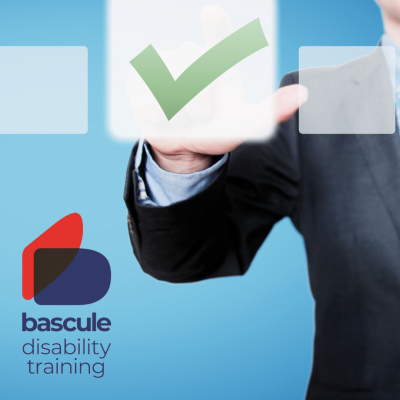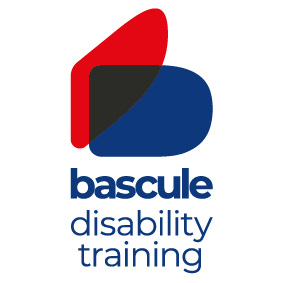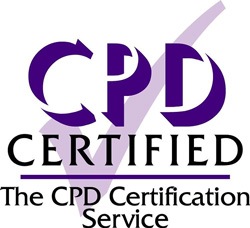Avoiding the Tick-Box Approach

Should the Government accredit disability awareness training providers?
Last week, the Government launched its long awaited Disability Action Plan, a document that sets out the immediate actions to be taken in 2024 to improve the everyday lives of people with disabilities, whilst laying the foundations for longer-term change.
In the plan, the Government stated that the overall aim, is for the UK to eventually be the most accessible place in the world for people with disabilities to live, work and thrive, addressing and removing the barriers which prevent them from reaching their full potential.
However, despite that ambitious statement, the level of action that the plan offers in terms of improving disability inclusion in the workplace, is rather underwhelming.
The plan has 14 areas of action- with just one focused on work that is dedicated to ‘Helping businesses understand the needs of and delivering improvements for disabled people’.
When setting out the actions the government proposes to take forward over the coming year, they do convey the importance of businesses achieving disability awareness, by stating that they are proposing that a ‘badge’ is awarded to businesses that trained their staff in disability awareness. The idea is that disabled people could use this to identify businesses with a greater awareness of disability and accessibility issues. It is thought that this will sit alongside ongoing improvements to the Disability Confident scheme.
Sadly, that was the extent of action for the workplace/ business in the plan, and whilst there are some brief references to the importance of awareness- it’s not enough. Unfortunately, the proposal for businesses applying for badge accreditation doesn’t consider taking truly meaningful steps towards changing a business’s culture to encourage inclusivity.
The biggest problem with badge accreditation is, that there is an abundance of different disability awareness training schemes available, many of which are of questionable quality. If we face another tick-box training scenario in order to achieve a new badge, how are people with disabilities to determine what standard has been achieved? How can we be sure HR teams haven’t simply seated staff in front of a screen, for 45 minutes, whilst a hazy and vague summary of disability has been made? This would render such a badge not only futile but potentially misleading.
Why? Because training must be interactive, it should delve deeply into the topic of disability, helping to expand understandings and explore barriers, it should allow for trainees to pose questions if possible to user-led instructors with in-depth knowledge of lived experience of disability, as well as offer opportunities for discussions and debates, and challenge attendees through activities and discussion, helping to truly expand empathy and knowledge. It should also offer the option of being bespoke to the business being trained and consider the specific issues within that respective sector or industry.
So, what should be done?
Well, I would suggest that rather than certify a business as being disability aware by circulating badges after training, the Government should create a standard of quality for all disability awareness training providers, to ensure excellence and depth of learning is achieved. Bring together those who deliver training now, those with real disabilities who experience real barriers and create that structure! THEN issue a certificate of accreditation. This would eliminate any tick-box approaches through dubious e-learning materials, and short cuts that some businesses may be tempted to take.
The truth is, disability awareness is an iceberg, and whilst we think a brief analysis of the tip may be enough to declare our inclusivity, this can be misleading. Without a cultural change around disability, meaningful changes won’t happen, awareness alone is not enough.
In conclusion, if we focus on making genuine, positive cultural changes, identifying areas of improvement, and taking practical steps to making meaningful changes and altering our perceptions of disability, then our businesses will see that the long journey is far more worthwhile, than the tick-box short cut.



